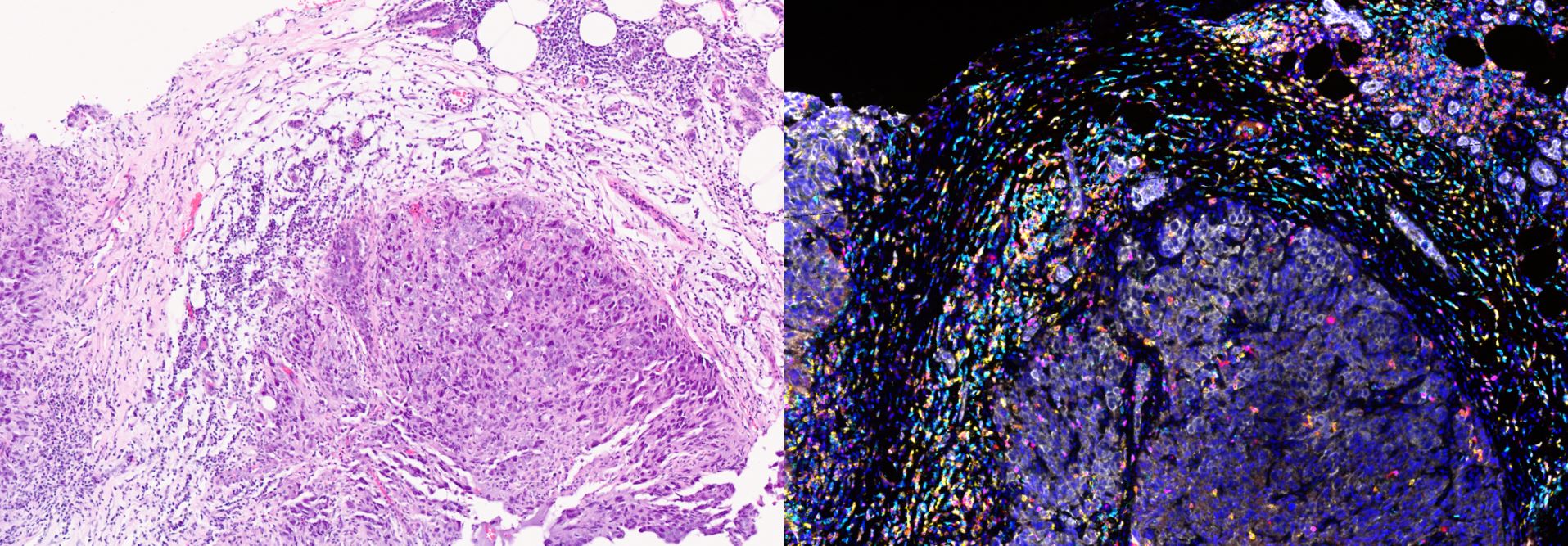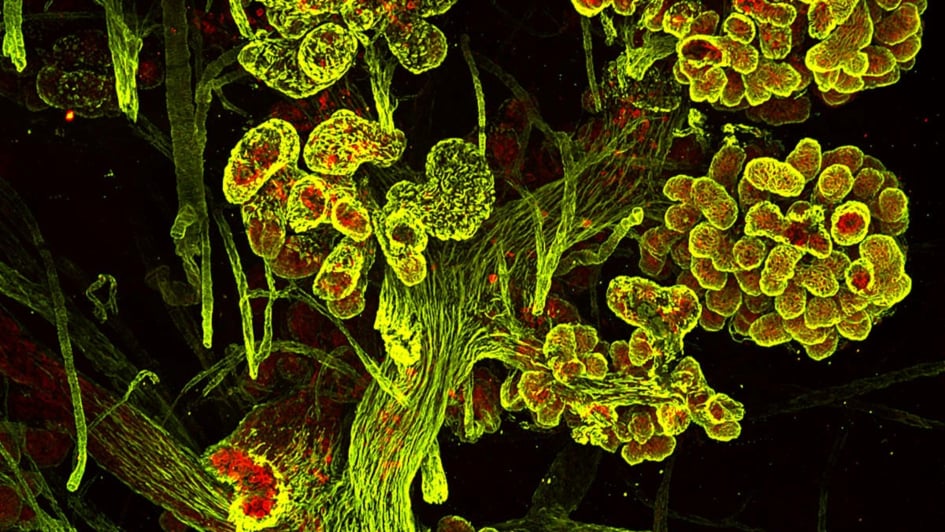
ATARI
ATARI investigates whether a new type of drug could help treat people with certain types of gynaecological cancers that have come back after treatment.
Disease site: Gynaecological cancers
Treatment Modality:
Status: Enrolling participants
What is the study about?
ATARI investigates whether a new type of drug could help treat people with certain types of gynaecological cancers that have come back after treatment.
Laboratory research has found that cancer cells with an abnormality (mutation) in a gene called ARID1A can be killed by a new type of drug called an ATR inhibitor. ARID1A abnormalities are more likely to be present in certain rare types of gynaecological cancers and particularly clear cell cancers of the ovaries and womb (endometrial).
Laboratory research has also shown ATR-inhibitors may also kill cancer cells without an ARID1A mutation when taken with other types of anti-cancer drugs.
ATARI investigates whether giving people the ATR inhibitor ceralasertib, either alone or in combination with the PARP-inhibitor olaparib or the immunotherapy drug durvalumab can help shrink their cancer.
Who is included in the study?
ATARI includes people with rare gynaecological cancers which have returned after treatment. People with the following types of cancer may join certain parts (cohorts) of the trial:
• Clear cell (ovarian, endometrial or endometriosis-related)
• Endometrioid (ovarian or endometrial)
• Carcinosarcoma (ovarian or endometrial)
• Cervical cancers (adenocarcinoma or squamous cell)
Up to 174 participants will join the trial at NHS hospitals in the UK and hospitals in France and Canada.
What are the study treatments?
When people join the trial, a sample of their cancer will be tested to find out whether there is an ARID1A mutation.
- Participants with clear cell cancers who have an ARID1A mutation will receive treatment with ceralasertib.
- Participants with clear cell cancers who do not have an ARID1A mutation will receive ceralasertib and olaparib.
- Participants with other rare types of gynaecological cancers will receive ceralasertib and olaparib, whether they have an ARID1A mutation or not.
- Participants with endometrial cancer will receive ceralasertib and durvalumab, whether they have an ARID1A mutation or not.
Participants have regular check-ups during and after their treatment and we collect information about how they are getting on until the study is completed.
Further information for participants
Patient Information Sheet Cohort 1a
Patient Information Sheet Cohort 1b
Patient Information Sheet Cohort 2
Patient Information Sheet Cohort 3
Patient Information Sheet Cohort 4 & 5
Patient Information Sheet Tissue Screening
A detailed summary is available on Cancer Research UK’s website
Further information for healthcare professionals
Contact details and regulatory information
Chief Investigator: Dr Susana Banerjee, The Royal Marsden NHS Foundation Trust
ICR-CTSU scientific lead: Professor Judith Bliss
Trial management contact: [email protected]
Sponsor: The Institute of Cancer Research
Funding: AstraZeneca, The Lady Garden Foundation
Trial identifiers
Publications and presentations
Susana Banerjee, James Stewart, Nuria Porta, Christy Toms, Alexandra Leary, Stephanie Lheureux, Saira Khalique, Jeremy Tai, Ayoma Attygalle, Katherine Vroobel, Christopher J Lord, Rachael Natrajan, Judith Bliss. ATARI trial: ATR inhibitor in combination with olaparib in gynecological cancers with ARID1A loss or no loss (ENGOT/GYN1/NCRI) Int J Gynecol Cancer 2021 Nov;31(11):1471-1475. Available at https://ijgc.bmj.com/content/31/11/1471
S. Banerjee, A. Leary, S. Lheureux, J. Stewart, A. Attygalle, K. Vroobel, S. Gill, Z. Ali, J. Tai, C. Toms, R. Natrajan, C.J. Lord, N. Porta, J. Bliss. 815TiP ENGOT/GYN1/NCRI: ATR inhibitor in combination with olaparib in gynaecological cancers with ARID1A loss or no loss (ATARI) Abstract only. Annals of Oncology 2021 Sept; 32(Supp. 5) S768. Available at: https://www.sciencedirect.com/science/article/pii/S0923753421034864?via%3Dihub#sec3
S. Banerjee, A. Leary, J.R. Stewart, M. Dewan, S. Lheureux, A.R. Clamp, I.L. Ray-Coquard, F. Selle, C. Gourley, R.M. Glasspool, R. Bowen, A. Attygalle, K. Vroobel, N. Tunariu, K. Wilkinson, C. Toms, R. Natrajan, J. Bliss, C. Lord, N. Porta. 34O ATR inhibitor alone (ceralasertib) or in combination with olaparib in gynaecological cancers with ARID1A loss or no loss: Results from the ENGOT/GYN1/NCRI ATARI trial. ESMO Open 2023 Feb, 8(1) Supp 1: 100814. Available at: https://www.esmoopen.com/article/S2059-7029(23)00034-0/fulltext

Neoadjuvant radiotherapy provides unique insights into breast tumour immune microenvironment
